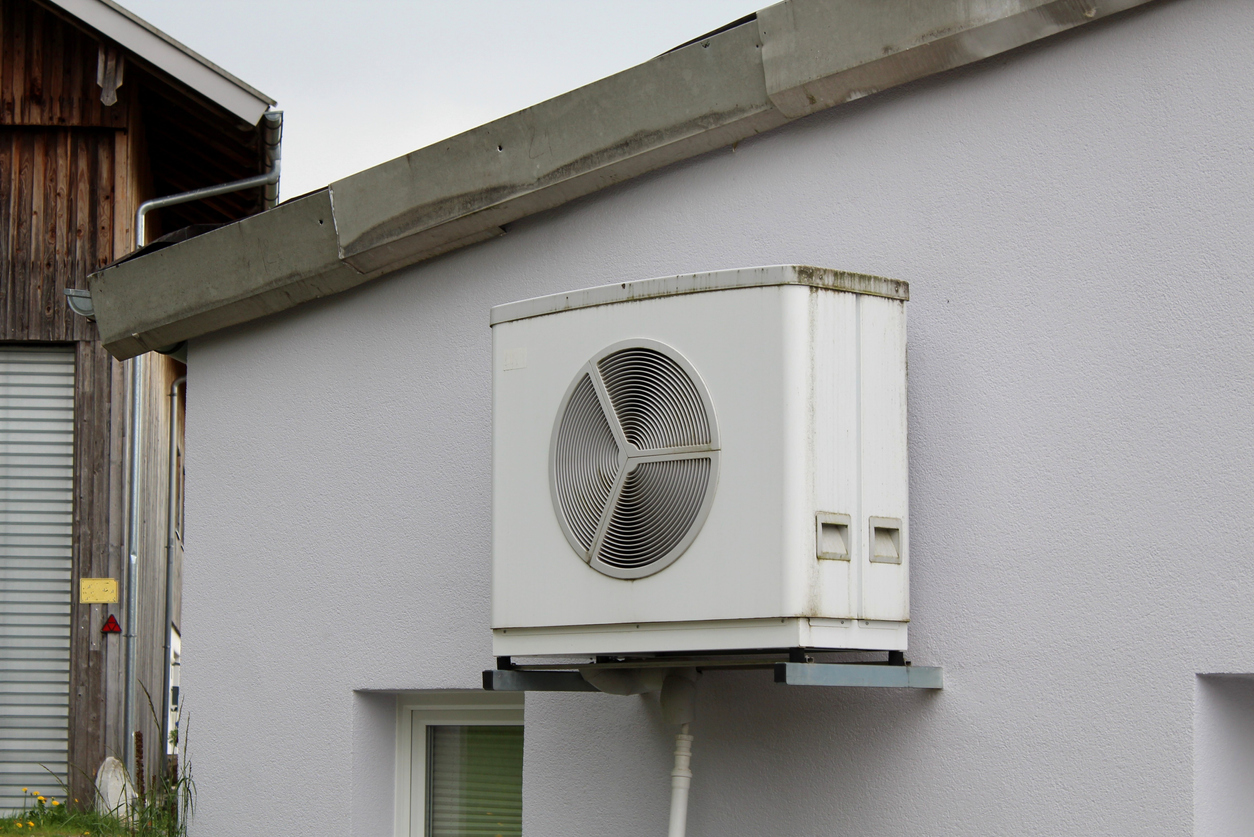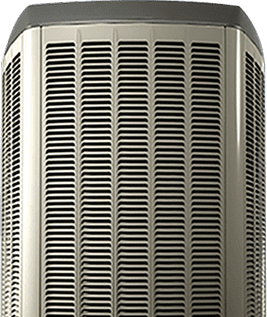Heat Pump Vs Air Conditioning

Heat Pump Vs Air Conditioning
If you’re looking to upgrade your home’s cooling systems, you may have difficulty choosing between a traditional air conditioning system and a heat pump. Luckily, the team at Mr. Furnace Heating and Air Conditioning is here to break down the ins and outs of these two units so you can have a better idea about which one may be right for your home! Keep reading for more information!
Is it better to have a heat pump or air conditioner?
The decision between a heat pump and an air conditioning unit is based on the particulars of your situation. Let’s compare them so you can make an educated decision.
Heat pumps are helpful because they can be used for both heating and cooling. For example, during wintertime, a heat pump takes heat from the external air and moves it into your home to heat it. In the summer, it reverses the procedure and eliminates heat from the inside, thus cooling your home. A heat pump can be a fantastic multipurpose solution for year-round comfort, and energy efficiency needs if you reside in a region with a moderate climate where temperatures do not drop below -15 degrees Celsius or above 35 degrees Celsius.
Air conditioners, on the other hand, are solely concerned with cooling. They extract heat from your residence and expel it outside, leaving your living space comfortable and cool (kind of like a heat pump). Air conditioners are typically less expensive upfront than heat pumps, but they only provide cooling. In colder climates, an additional heating system would be required. Therefore, if you live in a warmer climate where temperatures rarely cool down, an air conditioner may be more beneficial and cost-effective than a heat pump, given that you would not need a heating system at all.
Nonetheless, homeowners should keep in mind things like their personal preferences, budget, and the local climate where they live before installing any HVAC system in their homes. And the best way to do this is by partnering with a certified HVAC company in their area that can help them narrow down what it is they are looking for.
How much more efficient is a heat pump vs air conditioner?
Generally speaking, heat pumps are more energy efficient than standard air conditioning systems, even though they operate on the same principles. Heat pumps have a higher coefficient of performance (COP) than air conditioning units, including those that operate in cooling mode. The quantity of cooling or heating presented per unit of energy used is measured by the coefficient of performance (COP). Heat pumps typically have COP values greater than three, indicating that they provide three or more units of cooling (or heating) for each watt of energy input.
Air conditioners, on the other hand, usually have a lower COP, typically ranging from two to four. This indicates that for each unit of energy consumed, air conditioning systems provide between two and four units of cooling. It should be noted. However, that particular COP value can vary depending on the energy effectiveness of the air conditioning system model and technology.
Additional variables to consider include an air conditioner’s energy efficiency rating (EER) or seasonal energy efficiency ratio (SEER). These ratings provide a measure of an air conditioner’s cooling efficiency and can aid in determining its overall energy efficiency.
Can a heat pump cool an entire house?
Yes, a heat pump can, in fact, cool an entire house. A heat pump functions similarly to an air conditioner when cooling. It removes heat from the indoor air and moves it outdoors, creating a cooler atmosphere inside. A refrigeration cycle is used by the heat pump to absorb heat from the air in the house, cool it, and then discharge it outdoors.
Essentially, a heat pump is usually linked to a duct system or installed in a ductless configuration with several indoor units placed in various spaces or zones to cool a whole home. The heat pump draws heat in the air from the interior spaces, cools it, and then returns the cooled air to those spaces via ducts or indoor units. The heat pump constantly removes heat from the indoor air by cycling the refrigerant between the indoor and outdoor units, offering a comfortable and cool environment throughout the house.
It is critical to size and installs a heat pump based on the specific needs of the home, taking into consideration variables such as space measurements, insulation, and climate conditions. A qualified home comfort advisor can evaluate your home’s needs and suggest a suitable-sized heat pump system for efficient cooling and heating performance.
Can a heat pump replace an air conditioner?
A heat pump can, in fact, replace an air conditioner. Heat pumps, in fact, may operate as a dual-function system, providing both cooling and heating, making them a flexible alternative to independent air conditioning units.
When in the cooling phase, a heat pump functions similarly to an air conditioner. It removes heat from the indoor air and transfers it to the outside, successfully cooling the space. This is accomplished by cycling the heat exchange between the indoor and outdoor compartments of the heat pump system using a coolant and a compressor.
You can enjoy the benefits of cooling during hot weather while also having the capacity to switch to heating mode when colder temperatures arise by using a heat pump rather than a heater. This dual functionality eliminates the need for separate heating and cooling systems, offering convenience as well as possible floor space and installation cost savings.
Are you thinking about installing a heat pump in your home? Schedule a consultation with Mr. Furnace Heating and Air Conditioning’s professional HVAC team! We are pleased to serve the neighbourhoods of St. Catharines, Port Colborne, Beamsville, Vineland, Niagara Falls, Welland, Winona, Smithville, Niagara-on-the-Lake, Fort Erie, and other nearby areas! Even better, all consultations include a free, non-binding new system purchase quote from a home comfort advisor, so you know precisely what you can anticipate when working with us! We can’t wait to collaborate with you on your next home development project!
